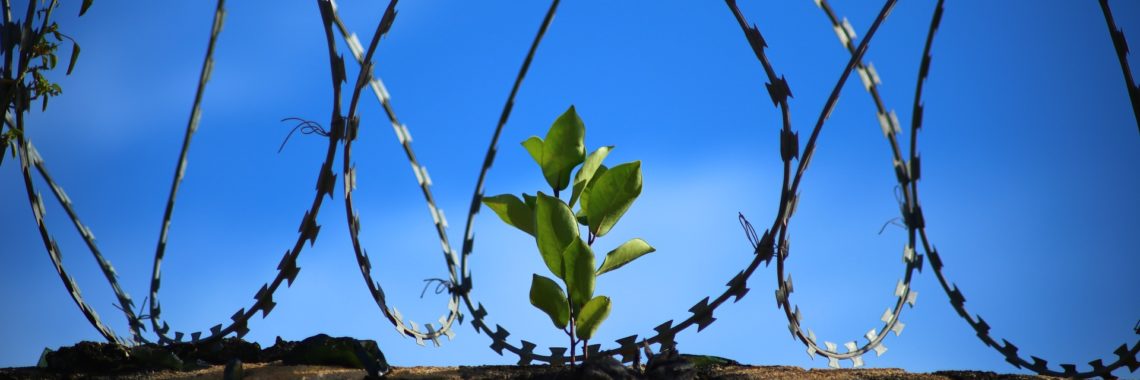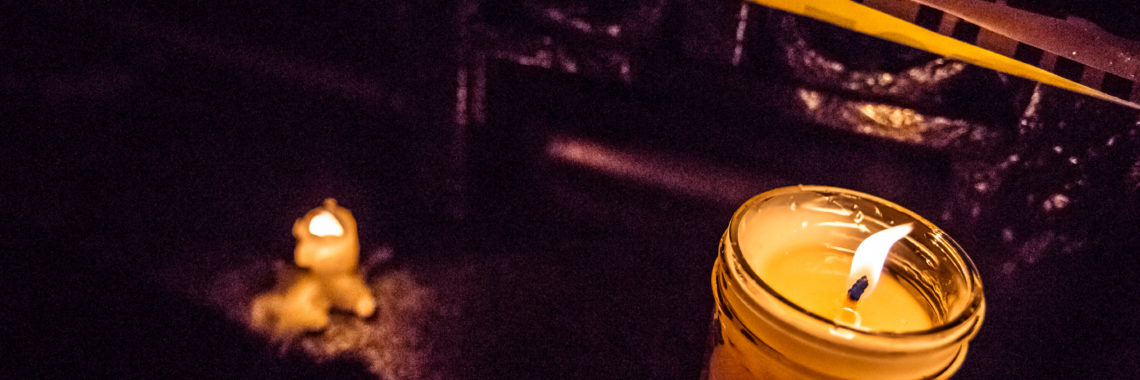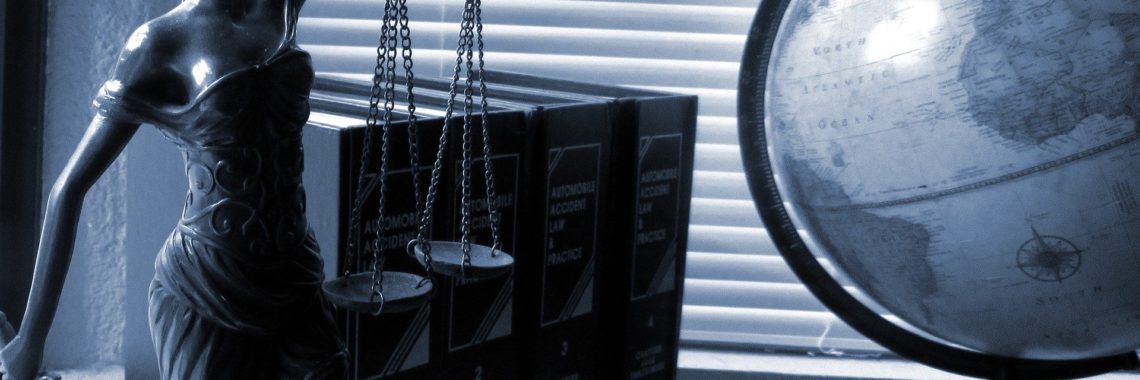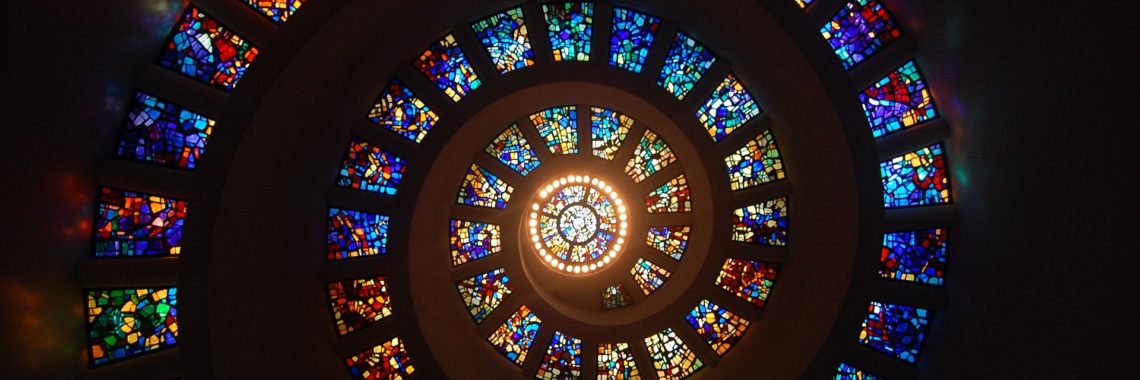““God, Sometimes You Don’t Come Through”: The Presentation of Religious Trauma Syndrome Through Rock Music – Part II” by Maggie Parker
“Audience enjoying a concert” by Yvette de Wit / Wikimedia CC0 This is the second installment of a three-part essay that explores the way in which rock musicians are using their music as a way of working through religious trauma. Through the exploration of the connection of Religious Trauma Syndrome to PTSD, the idea is that…







